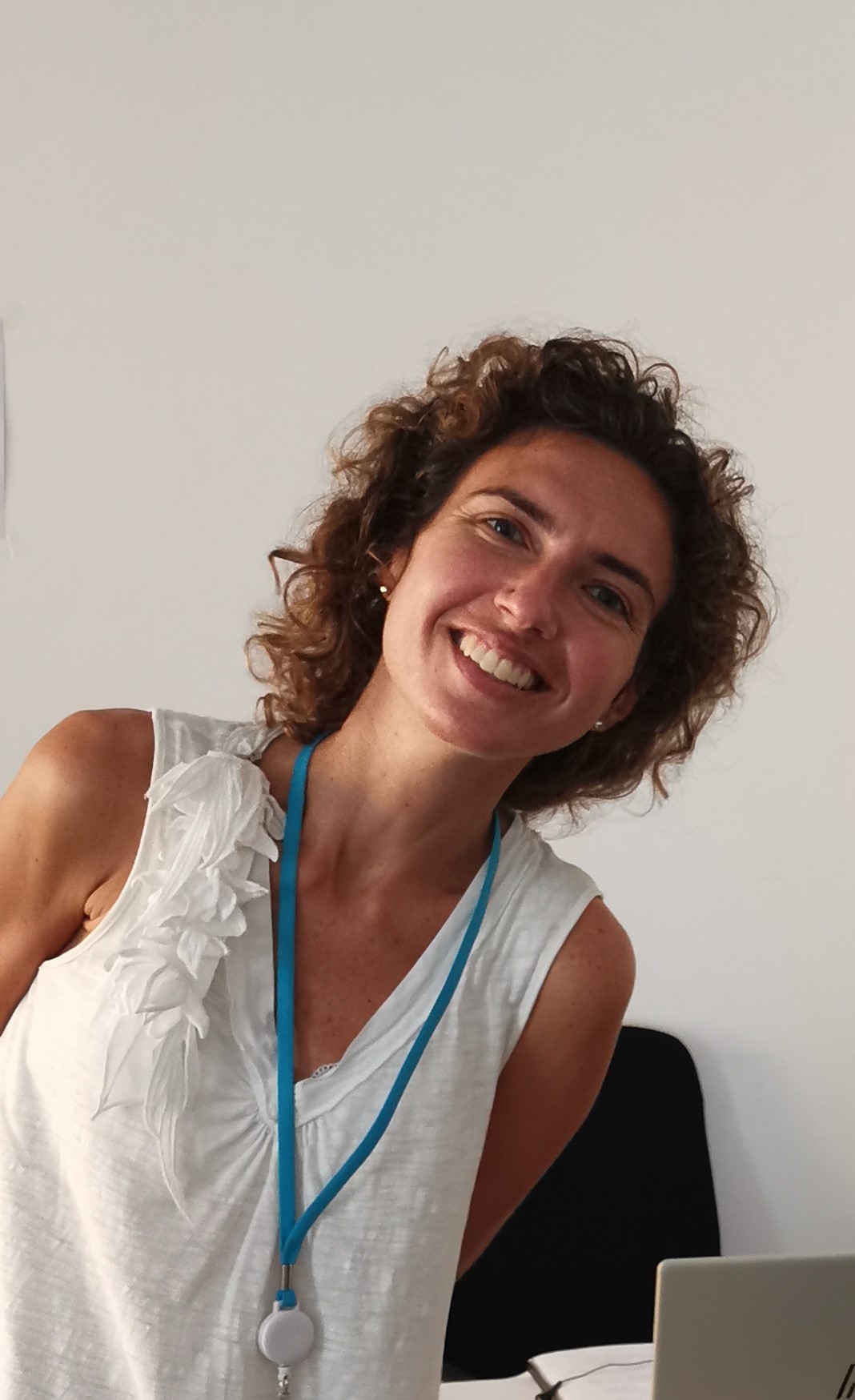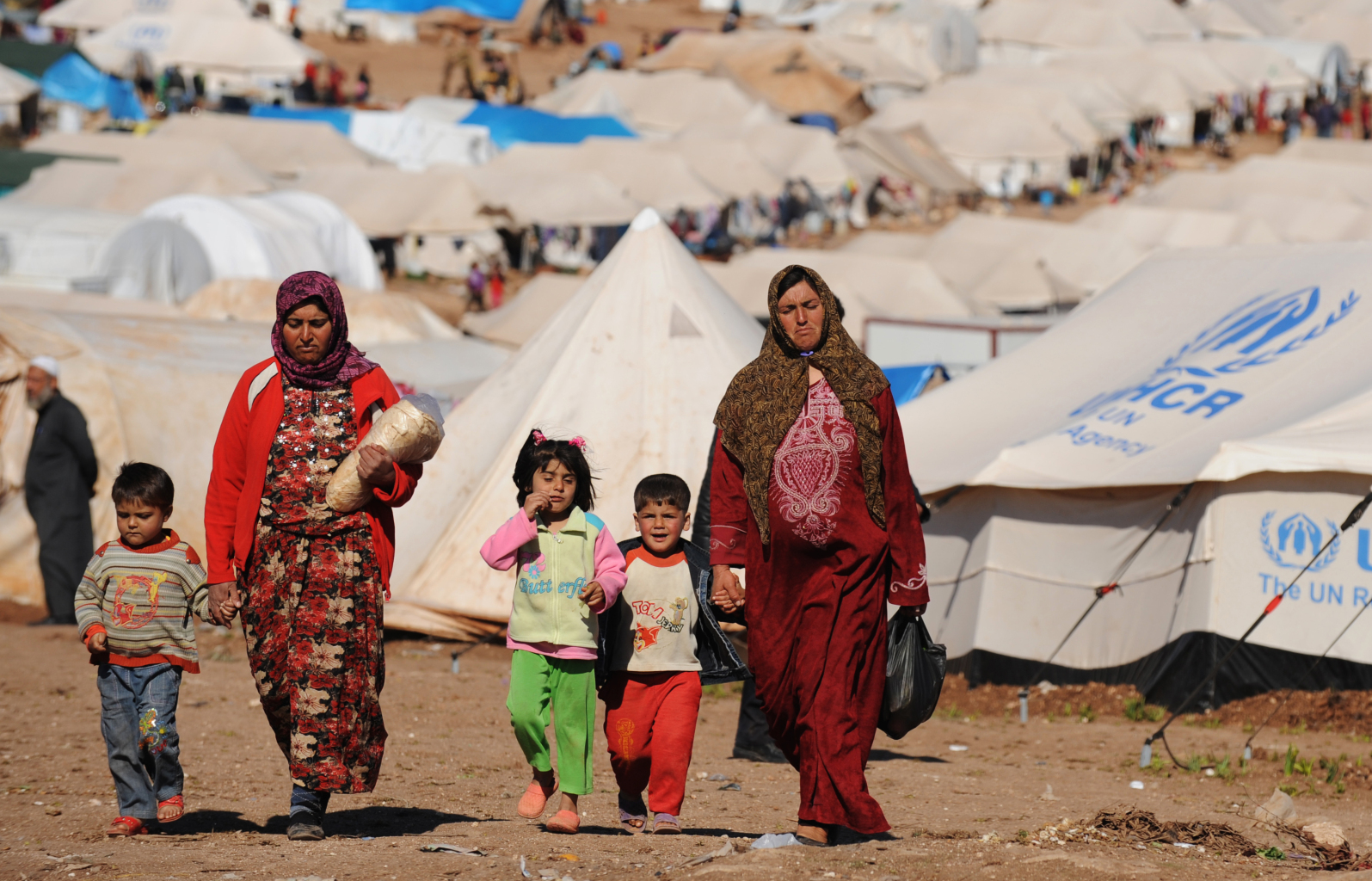A friend and I were discussing about Syrian refugees and internally displaced persons in Eastern Africa, and all around the globe, imagining the despair and suffering that they must be going through, in terms of lack of shelter, food, education and hygienic conditions.
While researching, reading documents and studying conventions on refugees and migrants, we were brainstorming about possible national contexts ideas and solutions to propose to actors of society directly involved in the process of receiving them, managing the influx of people and making sure refugees are treated with dignity, respect and offered with services that can meet their needs.
Today, while resting at home, a paragraph from the book “The Heartfulness Way” by Kamlesh D. Patel and Joshua Pollock, responded to the questions I had in mind.
“The world faces many challenges. Some are political, others are social. Some are economic, others are environmental. In all cases, Humanity suffers. But the world’s problems are very simple. They are the lack of love between human beings, the lack of compassion, of tolerance, of humility, and of acceptance. They are the arrogance, hatred, and violence that have polluted human hearts. They are prejudice and intolerance. If a person has no peace in their heart, there can be no peace around them. Such a person will always find reasons to argue and fight. Only when a person’s own heart is peaceful can their interaction be peaceful.
The book proposes the idea of Heartfulness, as an integrated approach that consists of three core practices: Meditation, Cleaning and Prayer. Through meditation, it is stated that human beings can move from the complexity of mind to the simplicity of hearts. Everything starts with the heart. When the heart is at peace, the mind is at rest. When the heart is content, the mind gains insight, clarity and wisdom.
Reading through the three practices, I found particularly fascinating the book section on Prayer.
The purpose of Prayer is: Adoration, Thanksgiving, Repentance and Petition. In most of the cases though, we tend to forget about the first three and we only focus on the fourth one, which is petition, asking for something. Moreover, selfishly enough, we “beg” the higher force that we believe in, in satisfying our desires, either material or spiritual benefits. The book speaks of creating “inner vacuums” (imagine a vacuum cleaner) where we find ourselves in a desireless state. When we desire too much, the heart has no space for other things. However, if we clean and we create space, we allow the heart to open up to new energy to come in and to pray for others.
This state of perfect contentment is called uparati, where we desire nothing in this world. In this “new state” our ego gradually fades away, and more and more we become part of a bigger force, which is the infinite universe. Our selfish intentions, as a consequence, transform into selfless intentions.
When we become selfless, the heart starts to open, as we love, not only ourselves, but we start thinking of our nearest and dearest ones. As the heart continues to open, the circumference of the love expands proportionately. When the heart is infinitely open- when it has no doors, no walls- its love flows through the universe. Then, you start to feel that the universe belongs to you, but also, that you belong to it. Instead of always thinking of I, you now start to think of We.

Here also comes Desmond Tutu, South African Anglican cleric and theologian known for his work as an anti-apartheid and human rights activist, with the African Spirit of Ubuntu, I am because We are. “You cannot be Human on your own. You are Human through relationship. You become Human”- Desmond Tutu affirms. Everything is interconnected and interdependent. The Human Uniqueness consists of the fact that we exist because of someone else. And we cannot live alone.
Understanding it, our prayers can expand to neighboring countries, and to the whole world. Prayers then transform into Actions, the necessity to do something and be responsive to the needs of others, because we come to understand their hearts.
I think the concept is just revolutionary and enlightening. And it requires much practice, consciousness, love, humility and acceptance. But it is possible.
To conclude, how to respond then to the original question: How to solve the migrant crisis, to cite only one among the many world challenges? Can a United Nations of Love Agency be created? Can any law change the human heart?
According to the book’s view, which I agree upon, the heart only changes when it decides to change (and remember the fabulous song by Michael Nyman, the Heart asks pleasure first). And that is a personal choice that every person must make for themselves. We cannot enforce it. Here We can only inspire people and offer them the tools.
17 March 2018, Nairobi Kenya
Twitter @GaiaParadiso


